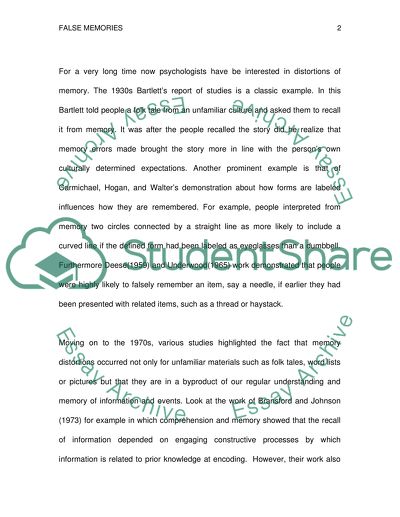Cite this document
(“Cog-wk6 Essay Example | Topics and Well Written Essays - 3500 words”, n.d.)
Retrieved from https://studentshare.org/environmental-studies/1412753-cog
Retrieved from https://studentshare.org/environmental-studies/1412753-cog
(Cog-Wk6 Essay Example | Topics and Well Written Essays - 3500 Words)
https://studentshare.org/environmental-studies/1412753-cog.
https://studentshare.org/environmental-studies/1412753-cog.
“Cog-Wk6 Essay Example | Topics and Well Written Essays - 3500 Words”, n.d. https://studentshare.org/environmental-studies/1412753-cog.


